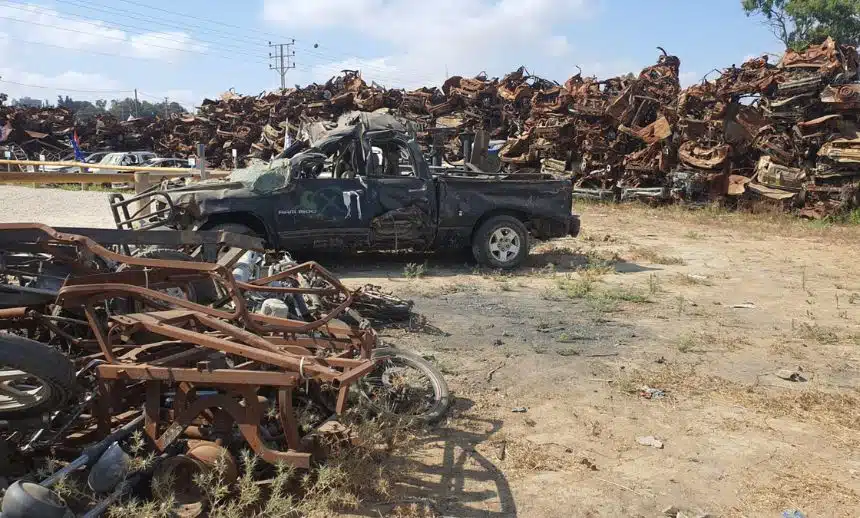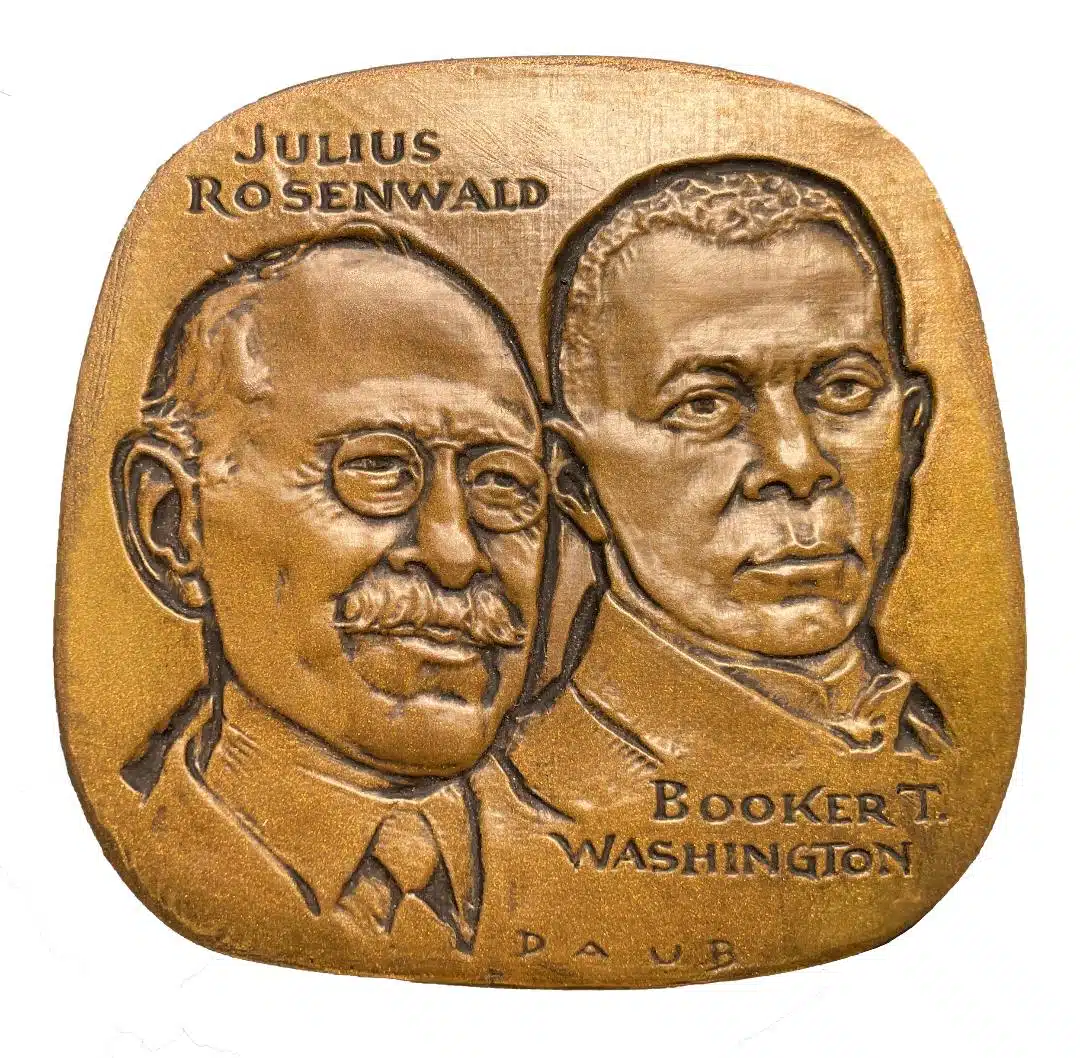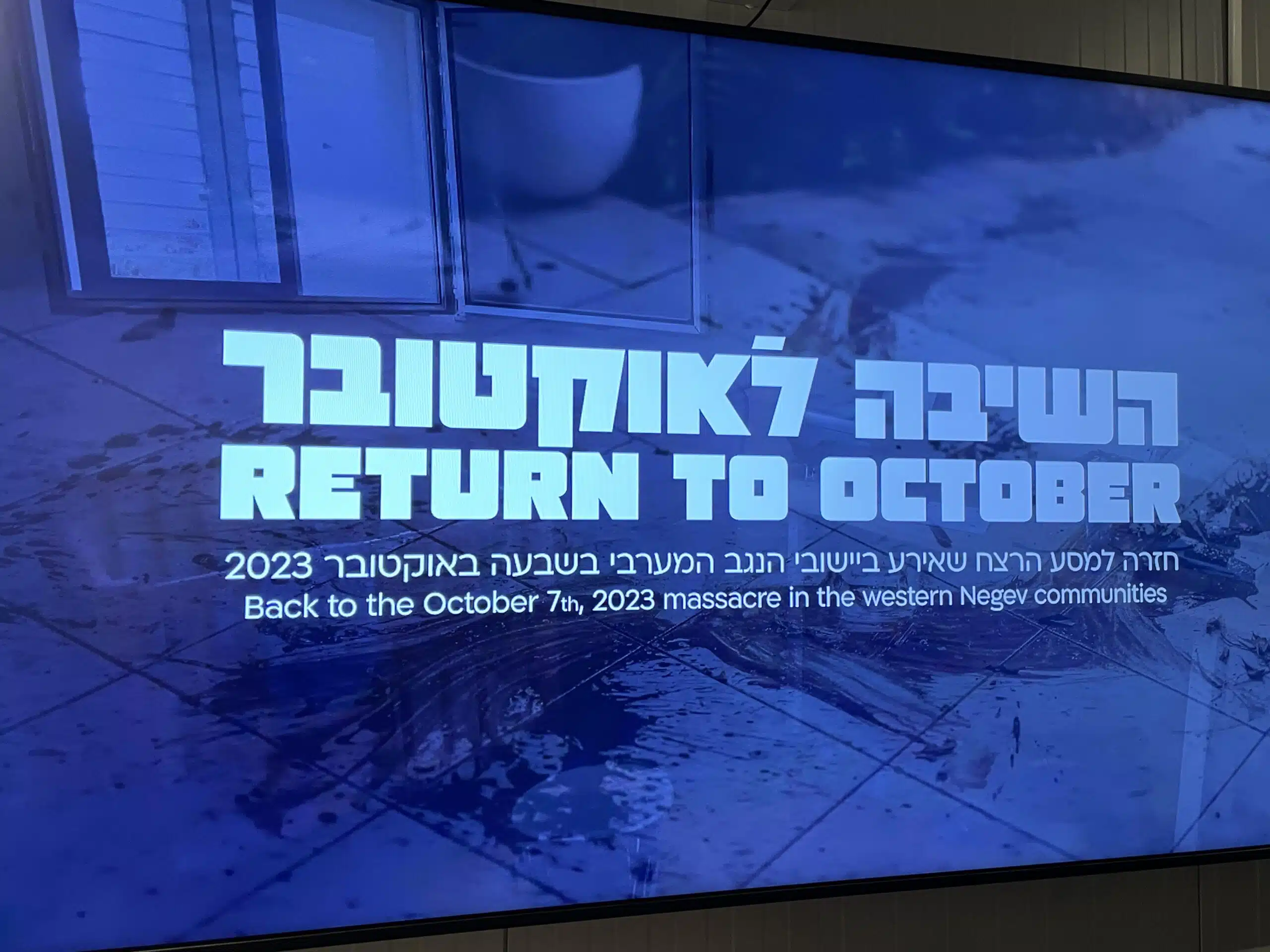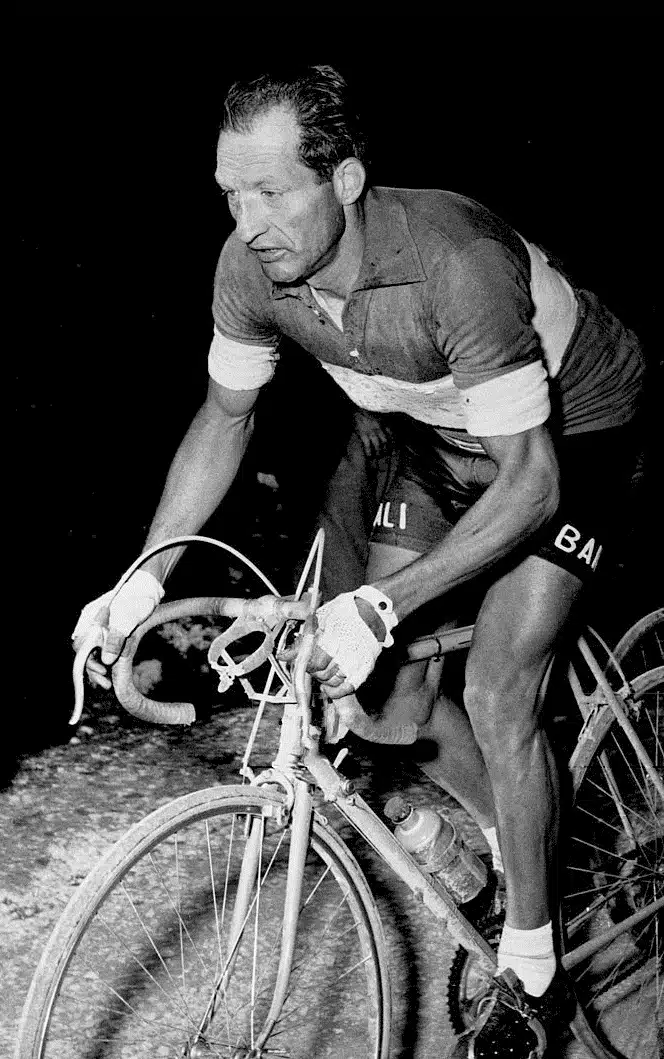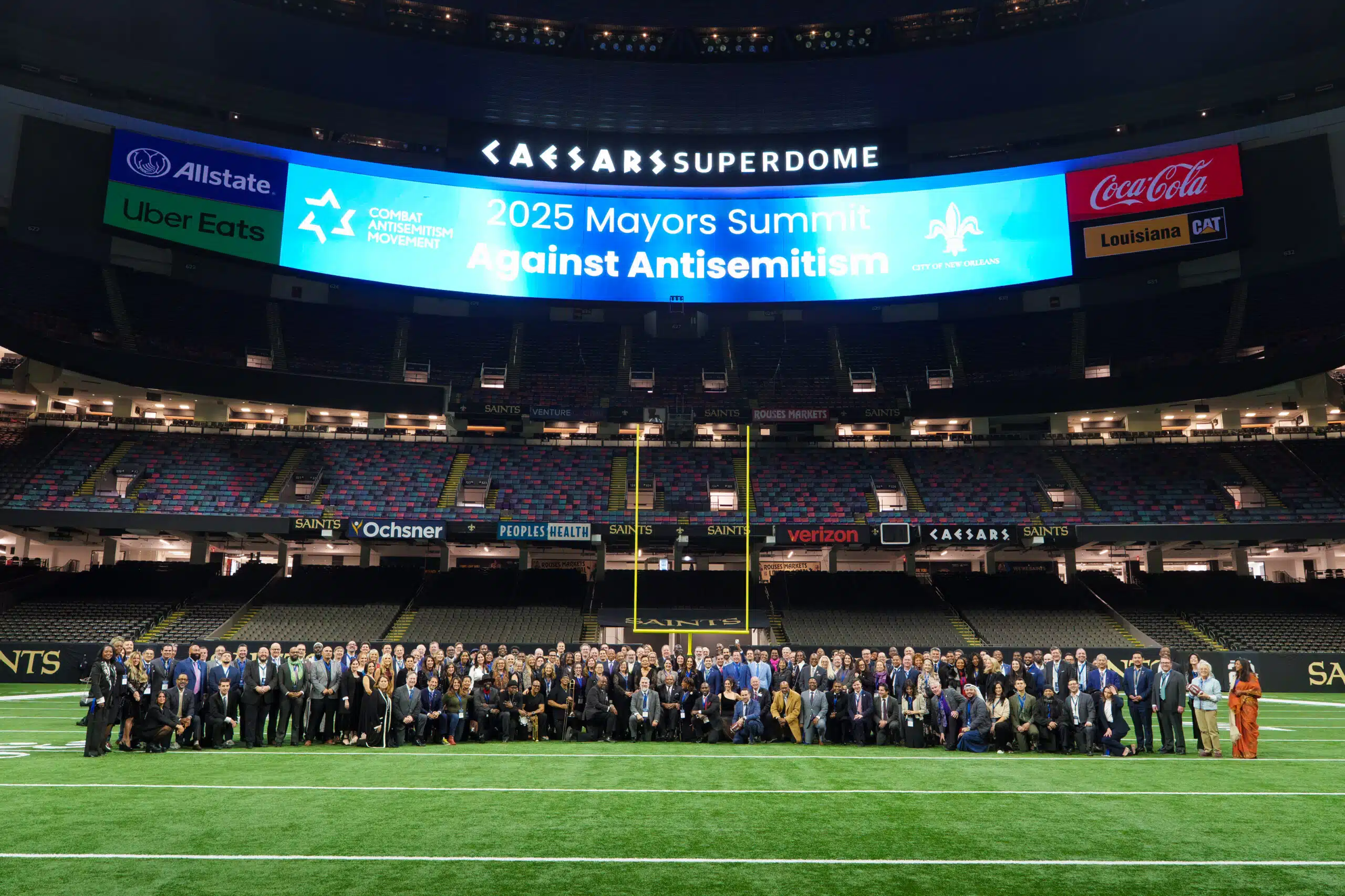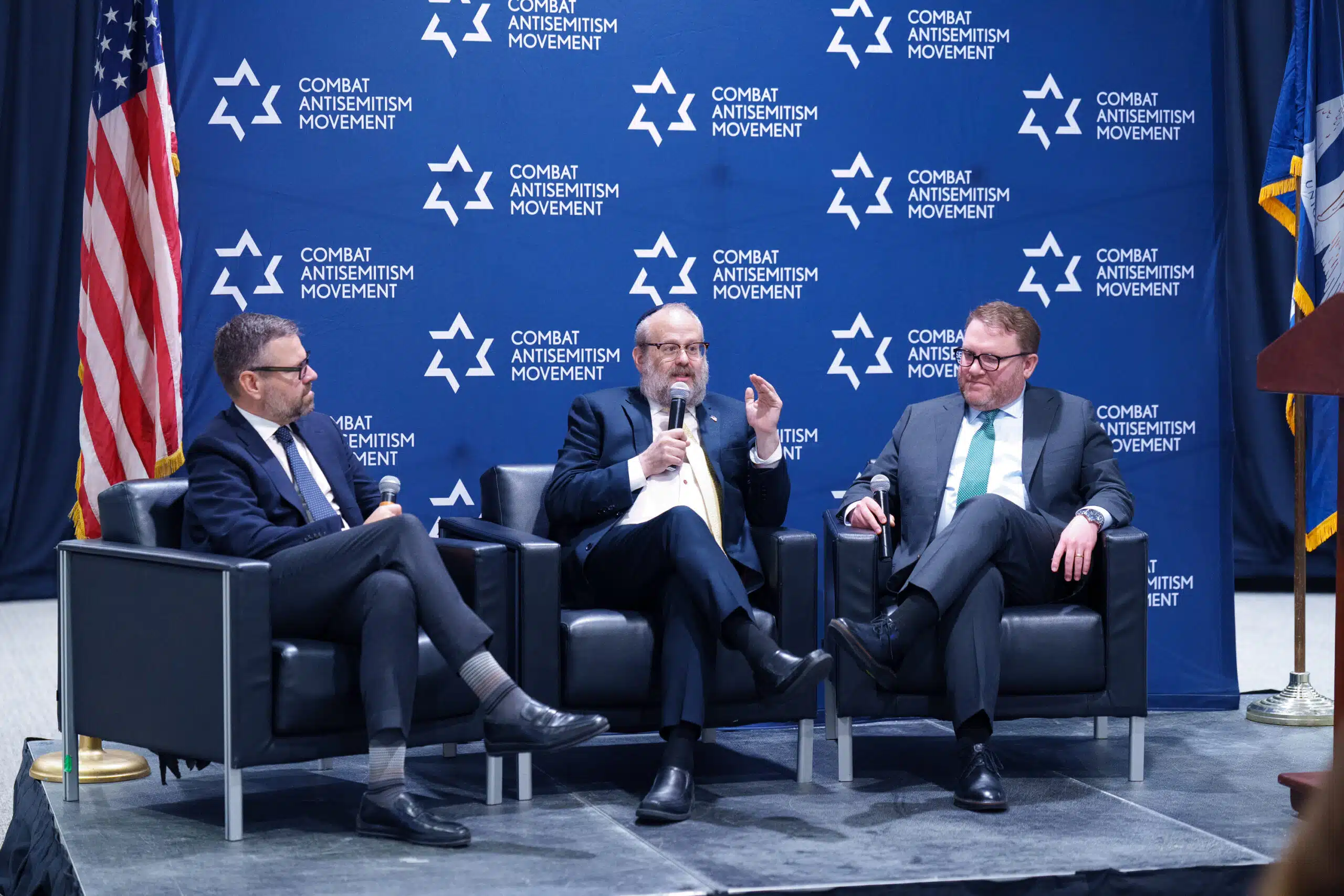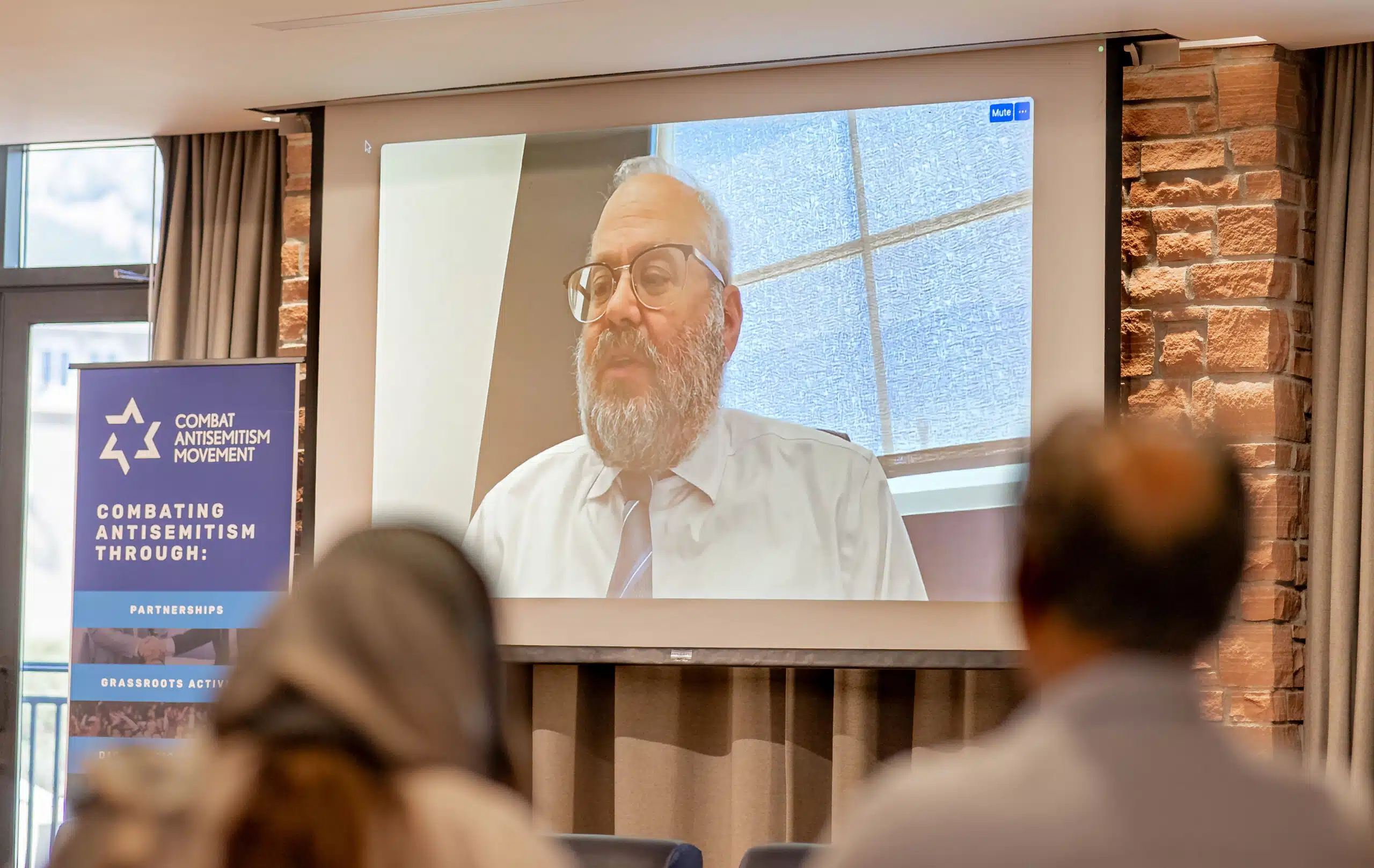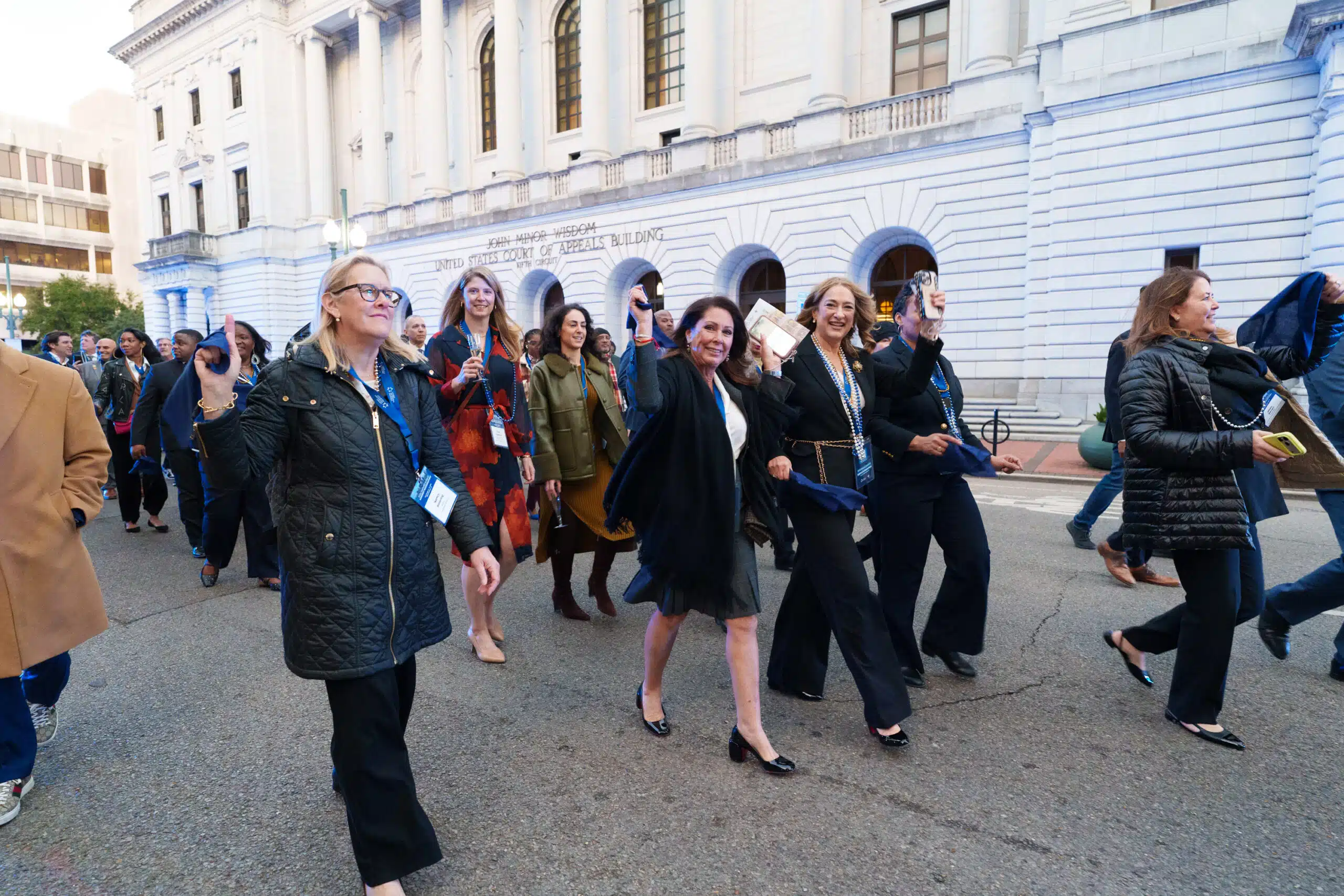|
Getting your Trinity Audio player ready...
|
This article was authored by Adi Rabinowitz Bedein, a Holocaust educator from Israel, Yad Vashem tour guide, and founding director of the Network for Innovative Holocaust Education (NIHE):
Reflecting on my time as a tour guide at the burnt vehicles compound, where remnants of cars destroyed on October 7th stand as stark reminders of recent horrors, I witnessed firsthand how the truth is often obscured by lies. Recently, while reviewing a list of scheduled groups, I noticed one titled “Denial of Nova.” My stomach turned. Were they coming to listen or to argue? Would I encounter open minds or hostility? Ultimately, they did not arrive — after an earlier meeting with a survivor, where they allegedly accused him of lying, their visit was canceled. This experience reminded me of how crucial it is to stand up for the truth, especially in an era when lies can be accepted with alarming ease.
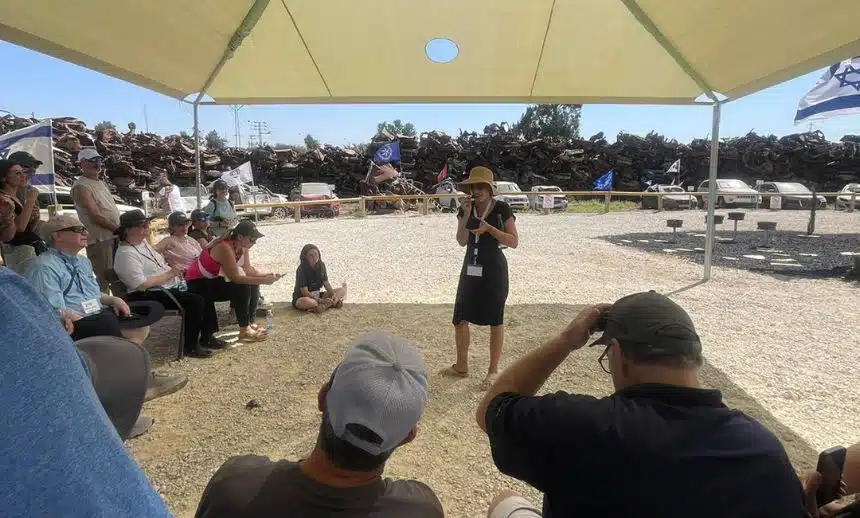
We live in a challenging age for truth. As Holocaust educators, we face a mission that extends beyond conveying historical facts — we are engaged in a struggle against a postmodern relativism that argues that “truth” is flexible. Recently, I met a Jewish woman at a protest where I spoke in Vancouver. She perceived the slogan “From the river to the sea” as their “story,” revealing a troubling shift — lies, when unchecked, can become legitimate as “alternative truths.”
This protest was part of a broader journey I’m undertaking with my family, “Agents of Hope,” where we are traveling independently for a year throughout North and Central America, engaging with Jewish and Christian communities. Everywhere I go, I bring the story of October 7th through the lens of a Holocaust educator, sharing the urgency of combating misinformation and fostering a true understanding of tragedies, both past and present.
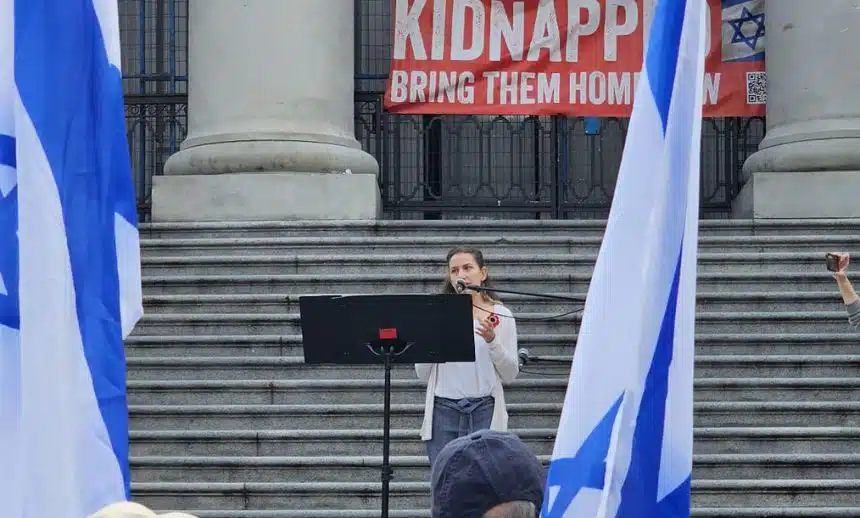
This is what makes the position of institutions like the Lemkin Institute — named after Raphael Lemkin, who coined the term “genocide” — so troubling. The institute condemned Israel for supposedly committing “genocide in Gaza,” a statement that betrays Lemkin’s legacy. Lemkin, a Jewish scholar who lost his family in the Holocaust, created the term to highlight the genocide inflicted upon Jews and others by Nazi Germany.
Yet today, this term is distorted to support narratives that overlook the clear intentions of Hamas towards the Jewish people — a group that has repeatedly expressed its desire to annihilate the Jewish population. October 7th was a clear manifestation of this chilling intent, and the indoctrination of Palestinian children toward these goals is a fact, not just a perspective. When institutions designed to preserve and teach the truth about genocide distort it, they endorse and validate lies that put lives at risk, and they undermine moral clarity.
In the context of Holocaust education, I often encounter educators who believe Holocaust centers should serve as bridges between cultures. While the intent may be noble, I have heard arguments suggesting that they avoid discussing Israel to foster these connections. However, I challenge this notion. In a world where genocide centers teach about “the genocide in Gaza,” perhaps it is better for them not to invoke the memory of the Holocaust at all. Holocaust education is primarily about preventing harm to Jews — and, by extension, Israelis — while combating antisemitism.
Today, one cannot separate antisemitism from the war in Israel — the connection is all too evident, especially as protests against Israel reach the doors of Holocaust centers. This troubling reality reinforces my commitment at the Network for Innovative Holocaust Education (NIHE), where I have integrated a monthly focus on contemporary antisemitism into our programming. Holocaust educators today need the courage and support to address current issues and express their messages in the most authentic way. If we shy away from discussing the connection between antisemitism and the attacks on Israel, we jeopardize the opportunity for a distorted use of history to become the dominant narrative.
A friend of mine, the father of a young man who sacrificed his life to save others at the Nova festival, regularly visits the burnt vehicles compound with a message that, unfortunately, sounds like a cliché but is profoundly strong — he calls for unity. He urges people to talk to one another, even if they disagree on political matters. This call resonates with a lesson I learned from the late Rabbi Jonathan Sacks — morality is the “we” in “I,” the vital thread that connects us all. Without it, truth loses its foundation, and we risk being isolated, adrift without a shared moral compass.
Silence is not an option. This work has shown me time and again that speaking the truth is not just about sharing facts — it is about anchoring ourselves to a shared morality, insisting that facts matter, and pushing back against a tide that says otherwise. Lies hold power, yes, but so does standing firm in the truth. Holocaust education is not merely a recounting of history; it is a call to moral action, a rejection of the insidious effects of lies, and a continuous struggle for a world where truth is a thing we can believe in.

